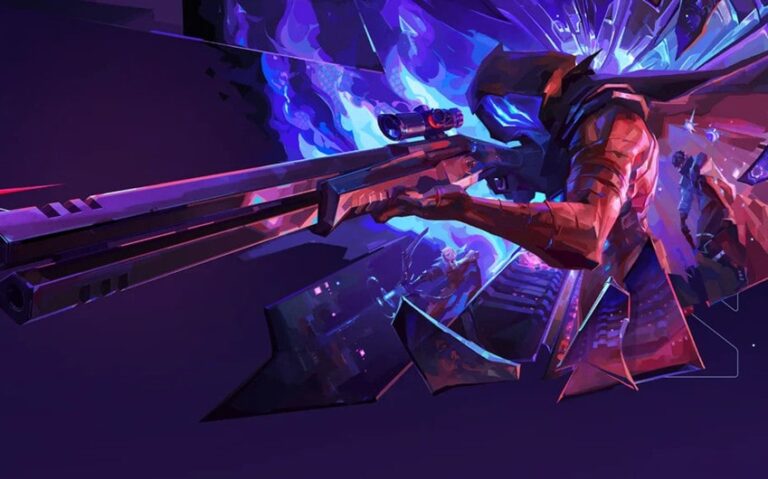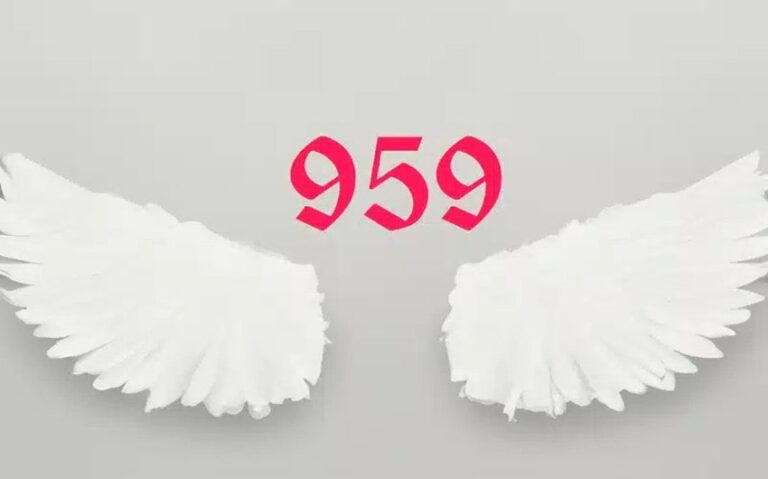40 Useful 5-Letter Words Ending in -ARE (With Definitions and Examples)
If you’re a word game enthusiast, a Scrabble player, a crossword solver, or simply someone who enjoys the beauty of language, exploring word endings can be surprisingly rewarding. Today, we’re diving into an interesting niche: 5-letter words that end in “-are.”
This specific pattern of words is helpful in games like Wordle or Scrabble, and it also enhances your vocabulary for creative writing and daily conversation. Below, you’ll find a rich list of 40 words, all ending in “-are,” each with a clear definition and example sentence to help you understand how the word is used in context.
Why Focus on 5-Letter Words Ending in -ARE?
Five-letter words are extremely useful in word games due to their balanced length and strategic potential. The “-are” ending specifically appears in many verbs and nouns, ranging from rare literary terms to everyday language. Whether you’re trying to impress with vocabulary or fill a tricky spot on a Scrabble board, these words can be incredibly versatile.
List of 5-Letter Words Ending in -ARE
Below are 40 examples of 5-letter words that end with “-are,” broken into sections to help you remember and use them better.
1–10: Common and Everyday Words
- Scare – To frighten or startle. The loud bang gave her a big scare.
- Spare – Extra or additional. He always carries a spare key in his wallet.
- Stare – To look fixedly or vacantly. She couldn’t help but stare at the painting.
- Snare – A trap for catching animals. The rabbit was caught in a snare.
- Flare – A sudden burst of light or emotion. Tempers began to flare during the debate.
- Glare – A fierce or angry stare. He gave a cold glare after hearing the insult.
- Share – To divide or use jointly. They share everything, even their lunch.
- Scare – To cause fright or panic. The horror movie did not scare him at all.
- Dare – To challenge someone to do something risky. She didn’t dare to speak up.
- Blare – To make a loud harsh sound. The speakers began to blare music across the street.
11–20: Words Used in Storytelling or Poetry
- Snare – Also used metaphorically as a trap. He fell into the snare of his own ambition.
- Swear – To take an oath or use offensive language. He had to swear an oath of loyalty.
- Spare – Also poetic for showing mercy. She begged the king to spare her brother’s life.
- Shore – Land along the edge of a sea, lake, or other large body of water. They walked hand in hand along the shore.
- Aware – Having knowledge or perception of a situation. She was aware of the consequences.
- Where – Refers to a place or situation. Where do you think you’re going?
- Chare – A chore or task. He completed the morning chare before breakfast.
- Whare – A Maori term for a house or building. The visitors were welcomed into the whare.
- Scare – Can be a noun or verb. Halloween is full of cheap scares.
- Slare – A dialect word for a kind of muddy mire. The path turned to slare after the storm.
21–30: Rare or Archaic Words
- Skare – Obsolete variant of scare. Used in older Scottish literature.
- Snare – Used metaphorically in Shakespeare’s works. The snare of sin shall catch thee unaware.
- Spare – Appears in many religious texts meaning to save or withhold punishment.
- Clare – A proper noun, also used in literary place-naming. Clare stood at the edge of the glen, listening.
- Adare – A historical town in Ireland, sometimes used poetically as a location name.
- Snare – Biblical metaphors for temptation. Let no snare bind thy soul.
- Stare – Repeated to highlight its use in dramatic tension. The villain’s icy stare sent chills down his spine.
- Thare – Archaic Scottish spelling of “there.” Thare it lies, under moonlight’s gaze.
- Epare – A rare term, seen in older English dialects; meaning unclear but used phonetically in older texts.
- Scare – Tripled in literary analysis for emphasis. A scare, a scream, and a silence followed.
31–40: Great for Word Games and Puzzles
- Spare – An extra item kept in reserve. Always keep a spare tire in your trunk.
- Stare – A fixed look with wide-open eyes. His blank stare worried the doctor.
- Share – To give a portion to others. Please share your notes with the class.
- Flare – A sudden brief burst of flame or light. The torch began to flare brightly in the tunnel.
- Glare – To shine with a strong, harsh light. The sun’s glare made it hard to see the road.
- Snare – Something that entangles or traps. Fame can be a snare for the unprepared.
- Scare – A sudden fright or alarm. The prank gave everyone a good scare.
- Swear – To make a solemn promise or oath. He had to swear allegiance in court.
- Dare – To challenge someone to do something bold. I dare you to try something new today.
- Blare – A loud, harsh sound. The fire alarm began to blare throughout the building.
Many of these repeat due to their versatility across contexts. In word games, a well-placed “-are” ending can make or break your score.
How to Use These Words
Understanding the definitions is the first step—but how you use these words matters too. Here are a few quick tips:
- In Writing: Choose “snare,” “scare,” or “glare” for dramatic tone. Use “share” or “spare” in more heartfelt prose.
- In Games: Look for easy additions to root words like “care” → “scare,” “share,” “spare.”
- In Poetry: The “-are” rhyme family is great for lyrical flow—especially in sonnets and song lyrics.
Final Thoughts
5-letter words ending in “-are” combine sound, structure, and strategic value. Whether you’re aiming for poetic expression or word game domination, these words give you options that are both practical and expressive. Keep this list nearby for your next puzzle challenge—or when your writing needs a dash of precision.






